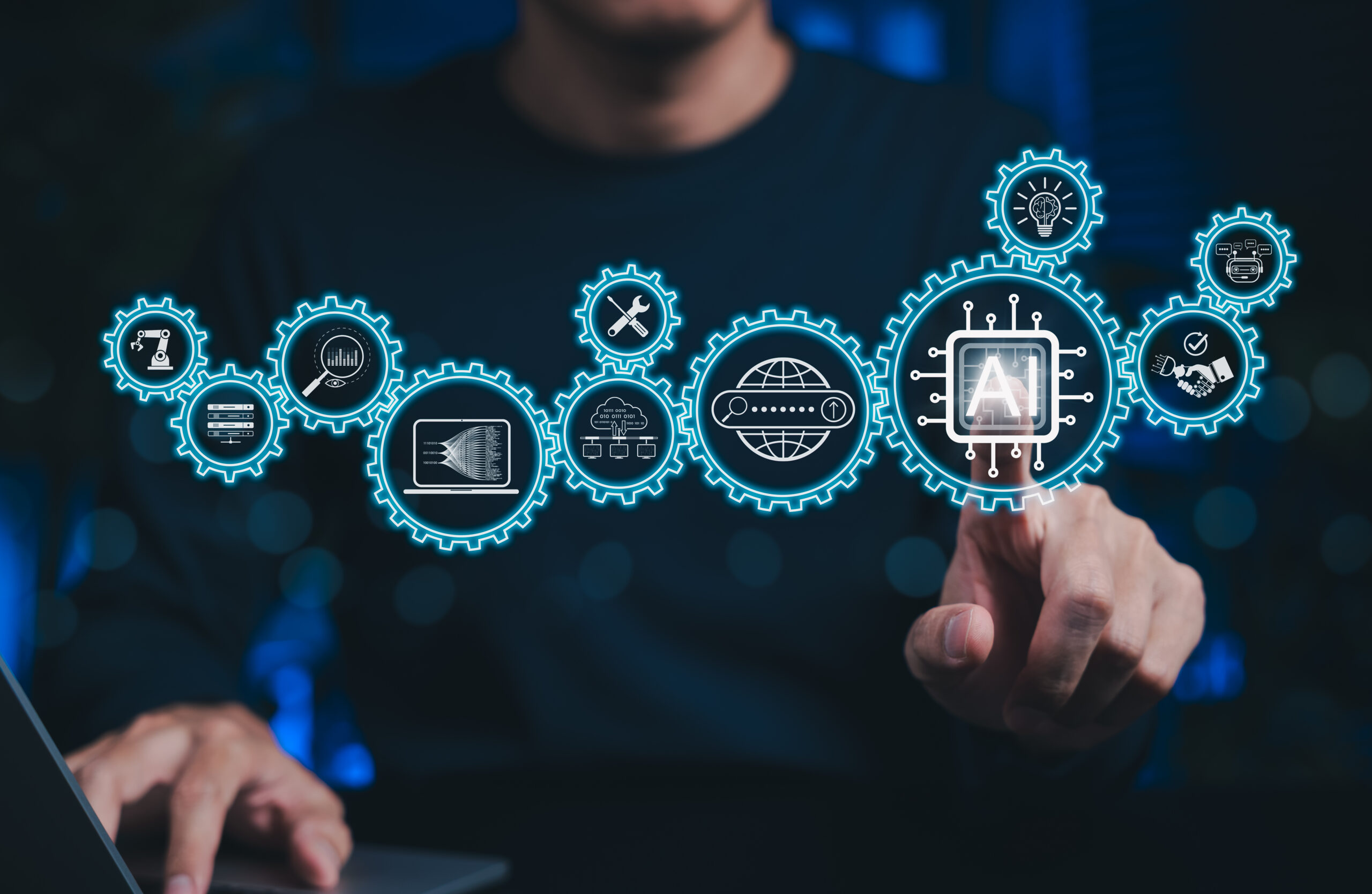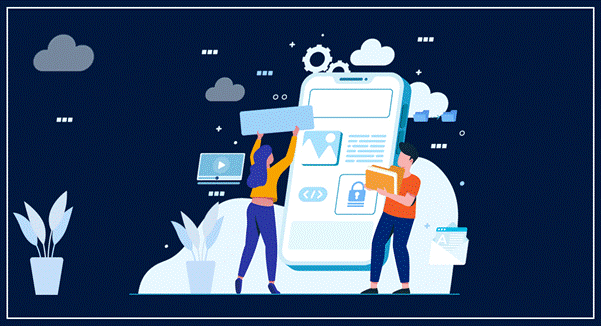In the business world, the Human resources department remains at the core of any business. Over the years, the role of HR has evolved significantly, requiring more sophisticated tools to manage an increasingly complex workforce.
CRM systems have emerged as a transformative solution designed to streamline and enhance HR functions. CRM for Human Resources offers a comprehensive platform that empowers HR professionals to work more efficiently and effectively.
By integrating advanced CRM technologies, HR departments can bridge the gap between traditional practices and innovative digital strategies, ultimately driving organizational success.
Definition of CRM software in HR
Customer Relationship Management (CRM) software in Human Resources (HR) refers to specialized systems specifically designed to manage and improve the interactions and relationships between an organization and its employees. It differs from traditional CRM as it focuses on HR processes such as recruitment, onboarding, employee data management, performance tracking, engagement, and retention strategies, aiming to enhance employee experiences throughout their lifecycle with the company.
Some features included in CRM for HR are:
- Recruitment and Applicant Tracking,
- Onboarding,
- Employee Data Management,
- Performance Management,
- Engagement and Communication,
- Training and Development,
- Analytics and Reporting.
How CRM systems benefit Human Resources
Implementing CRM for human resources can bring numerous benefits to an organization. Some key benefits include:
- Streamlining HR processes
CRM systems significantly streamline HR processes and recruitment efficiency by automating job postings, resume screenings, interview scheduling, and candidate communication. In addition, they enhance the process of introducing new employees by implementing organized programs and consolidating employee records to streamline the management and retrieval of employee data. Customizable data fields allow for tailored storage of employee-related data points.
- Enhancing employee management
CRM systems improve performance management through regular feedback, goal-setting, and appraisals. Performance analytics support identifying excelling performers and areas that need improvement. They also promote employee engagement and retention with secure messaging, feedback surveys, and recognition programs. Additionally, CRM systems support training and development through integration with Learning Management Systems, manage attendance and leave effectively, and ensure policy compliance.
- Data-Driven Decision Making
Real-time Analytics enables the existence of real-time insights and reports on various HR metrics, facilitating informed decision-making.
Predictive Analytics utilizes data to forecast trends, such as turnover rates and assists in workforce planning.
- Other benefits
CRM systems integrate with payroll, benefits administration, and other HR tools to streamline operations and reduce manual data entry. Their API capabilities enhance functionality and data flow. They also offer a user-friendly interface for easy use by HR professionals and employees, along with mobile access for on-the-go convenience.
Key features to consider in CRM for Human Resources
When considering a CRM system for Human Resources (HR), there are several key features to evaluate to ensure the system meets the unique needs of managing employee data and HR processes.
First important feature is the automation of HR processes, which allows for the streamlining of tasks such as onboarding, offboarding, and employee status updates.
Secondly, a comprehensive database that securely manages employee information, including personal details, performance evaluations, and communication logs, is essential.
Integration capabilities with other HR and business tools are also essential to ensure seamless workflows and data consistency across systems.
Additionally, customizable workflows and reports enable HR teams to tailor processes and analyze data according to specific organizational needs.
Finally, self-service portals for employees to update personal information, request time off, and access HR documents, improve employee experience and reduce administrative workload for HR professionals.
How to choose the right CRM system
- Start by analyzing your business needs, including your business size, sales process, and customer interaction requirements.
- Consider the system’s scalability to ensure it can grow with your business.
- Evaluate the CRM’s features against your needs, such as contact management, lead management, email integration, reporting, and analytics capabilities.
- Consider the user-friendliness of the system to ensure your team can adapt and use it efficiently.
- Check for integration capabilities with your existing tools and systems to avoid silos of information.
- Compare pricing plans to find a system that fits your budget while offering the necessary functionalities.
Singleclic: your trusted partner for CRM solutions
Singleclic stands at the forefront of digital transformation, offering comprehensive Human resources solutions, including CRM for Human Resources, like Microsoft Dynamics 365 to streamline HR operations and beyond.
As a trusted partner of Microsoft Dynamics 365 and Odoo, Singleclic specializes in delivering tailored solutions that emphasize optimization rather than just digitalization.
With a commitment to innovation and excellence, Singleclic ensures that each solution meets current digital standards and enhances operational efficiencies.
By integrating advanced digital technologies with a strategic focus on optimization, Singleclic empowers businesses to achieve their full potential and thrive in the evolving digital landscape.
Reach out to us today and get started with Singleclic’s innovative solutions.









